 By Sang-Ah Suh, Lee International
By Sang-Ah Suh, Lee International
Many foreign employers find Korean labour law to be a challenging obstacle to running a business in Korea, due to its complexity and the intensity of the regulations. Since the beginning of the year, there have been a series of major changes in Korean labour laws, including the enforcement of a 52-hour work week in government organisations, state-run entities and other companies with more than 300 employees, which became effective in April. Smaller businesses were given an extended grace period up to July, 2021 before the law applies to them. Employers that fail to follow the law are now subject to penalties of up to two years in prison or a fine of up to W20 million (US$18,000).
Other new changes to Korean labour laws that became effective in July 2019 include measures to prevent workplace harassment (effective July 16, 2019). The amended Labor Standards Act mandates employers to investigate workplace harassment and take disciplinary actions against the harasser. The employers are also required to take remedial measures and are prohibited from inflicting secondary harm. It should also be noted that employers must include measures to prevent workplace harassment as well as disciplinary measures in their employment rules. Failure to abide by these obligations may result in up to three years in prison or a fine of up to W30 million.
Pursuant to the amended Labor Standards Act, “workplace harassment” means any act inflicting physical or mental harm on, or creating a hostile work environment for, a co-worker using one’s position or relationship at work. The Ministry of Employment and Labor published a detailed manual earlier this year for employers, explaining and enumerating potential examples to help them understand the new measures and to determine harassment cases.
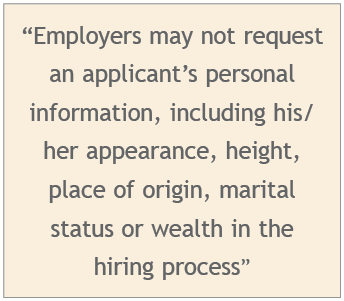
According to the manual, the range of forms of workplace harassment is quite extensive. Harassers may be employers or other employees. All employees are protected by the law, regardless of the types and forms of their employment and the period of employment. The locations of harassment subject to protection are also vastly inclusive. Harassment taking place outside of the office, such as during a business trip, at a company dinner/party, or even in private places, may be subject to the rule. It should also be noted that harassment taking place in online spaces such as involving internal messaging or SNS are included, according to the manual. Examples of workplace harassment include both verbal and physical harassment. Indirect acts of harassment, such as pressuring an employee not to use paid leave, repetitively and constantly directing a victim to do petty chores or not assigning any work at all, are also deemed to be workplace harassment. The manual also suggests that making disparaging remarks to the victim in front of co-workers, spreading rumours regarding a victim’s private life, forcing or peer-pressuring a victim to drink alcohol, smoke cigarettes or participate in a company dinner, may also be considered acts of workplace harassment.
Additional key changes to Korean labour laws taking effect beginning July 17, 2019 are in the amendment in the Fair Hiring Procedure Act. The amended Act applies to workplaces with 30 or more employees. Under the amendment, employers may not request an applicant’s personal information, including his/her appearance, height, place of origin, marital status or wealth in the hiring process, unless such information is necessary for evaluating the applicant’s suitability for the position. Asking for private information of the family members of the applicant, such as their education, occupation or wealth, is also prohibited. Requesting such information has been customary in Korean business practices and most resumes or job application templates included such information. However, with the enforcement of the amendment, employers must not collect such private information from applicants or they may face fines up to W5 million. Notwithstanding the amendment, employers still are permitted to request applicants to submit their photos as part of the hiring procedures.
Korean labour laws tend to change frequently and they are highly restrictive with many regulations. Businesses are required to promptly adapt to the changes and failure to do so comes with a high cost. The newly adopted Labor Standards Act requires employers to prevent workplace harassment, but the definition of workplace harassment is still quite abstract and there is substantial room for interpretation. Legal compliance with the amended laws, including determining whether a workplace harassment event has actually occurred may be challenging for foreign employers and consulting with legal practitioners is highly recommended.

T: 82 2 2262 6274
F: 82 2 2279 5020



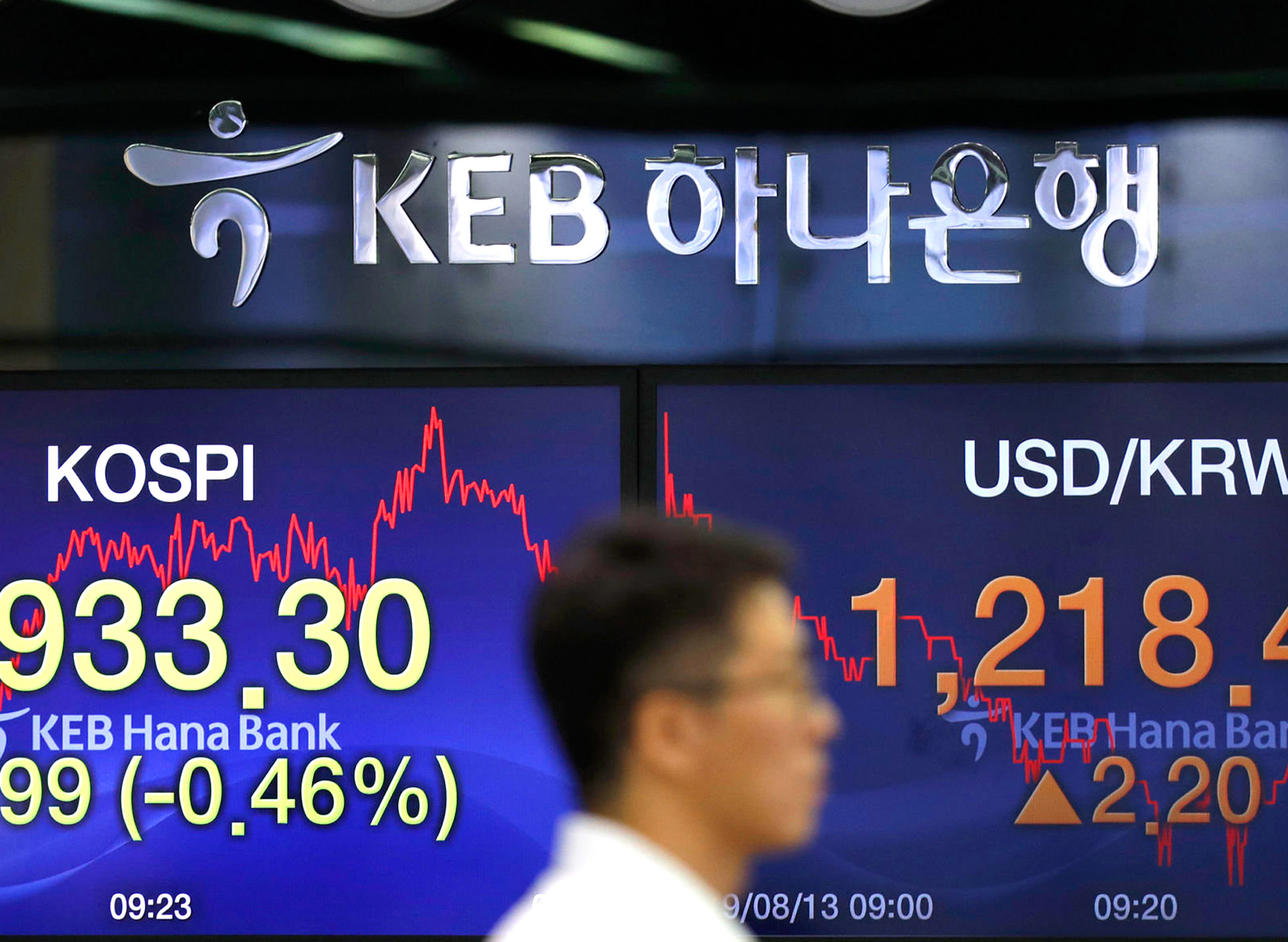


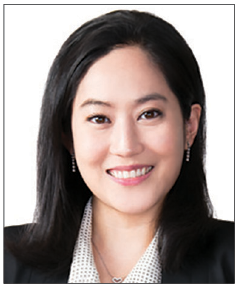
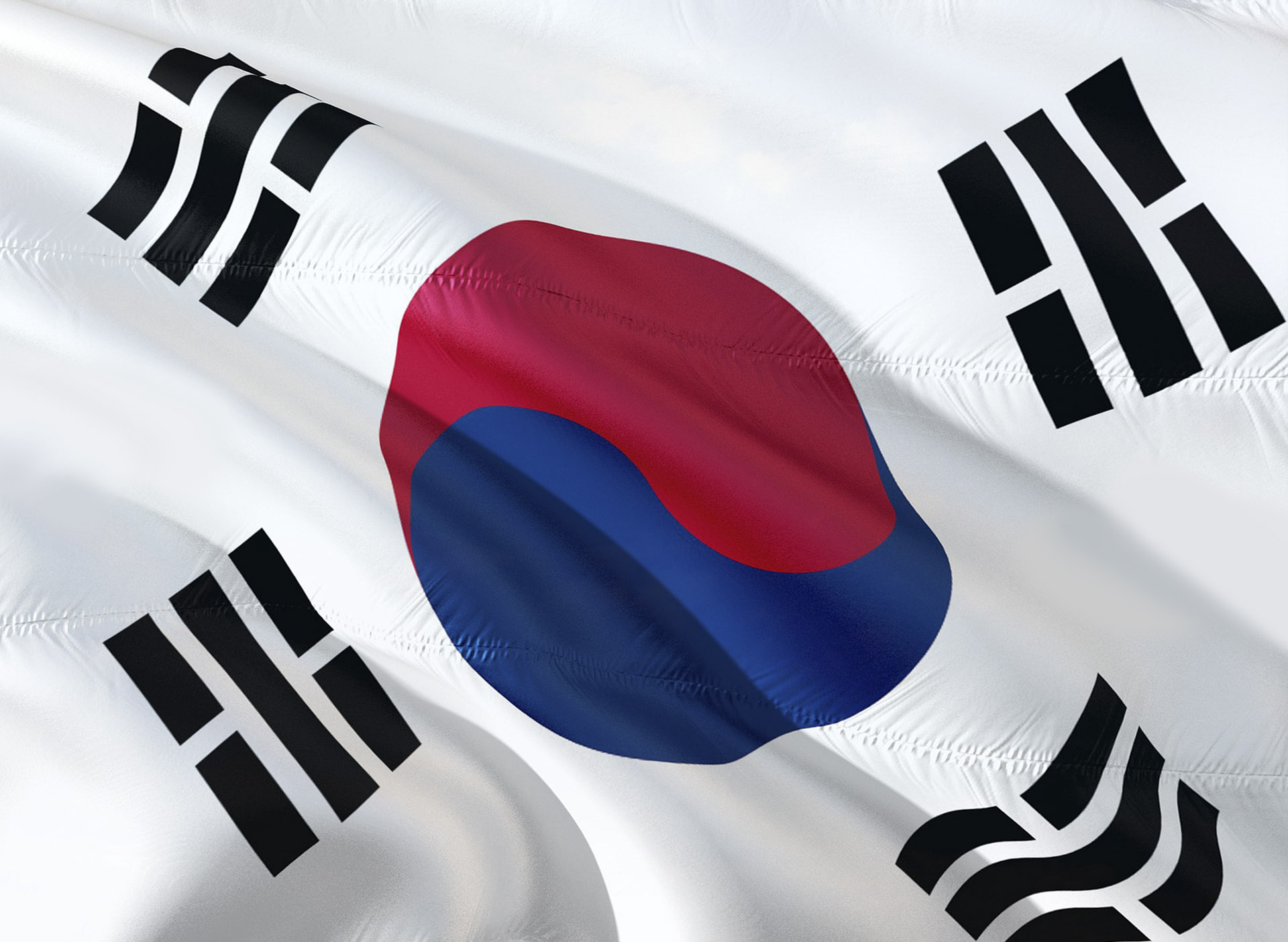


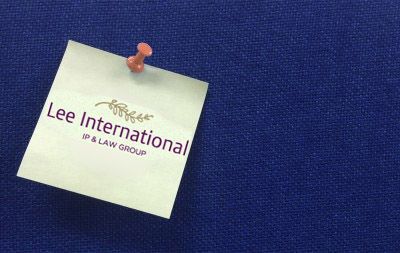
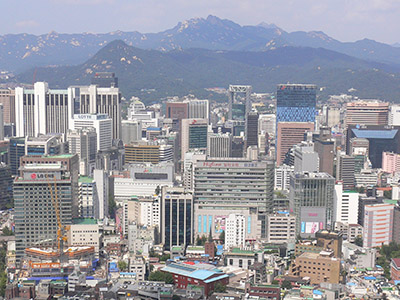


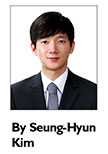




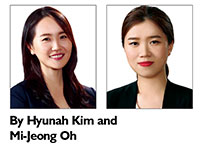




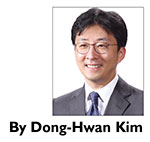
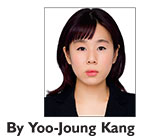
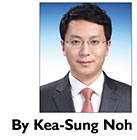





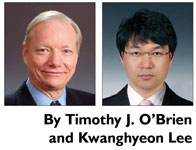








 Nicholas H. Park
Nicholas H. Park







